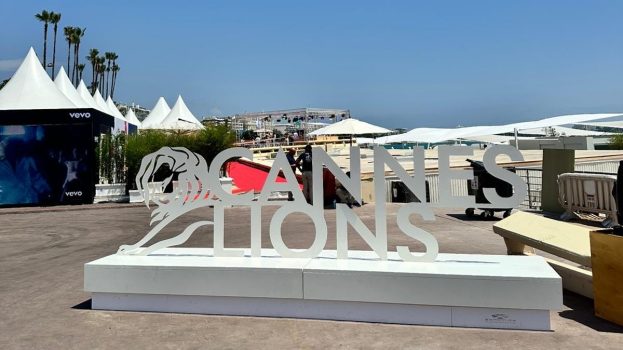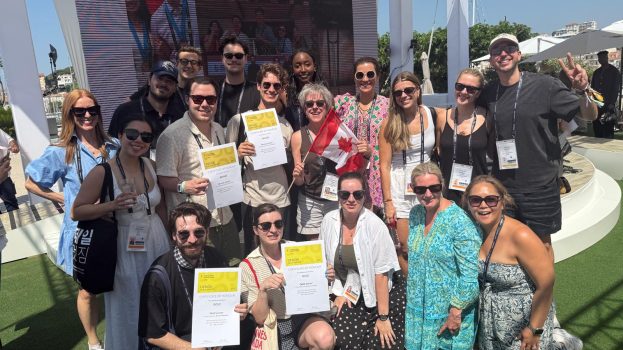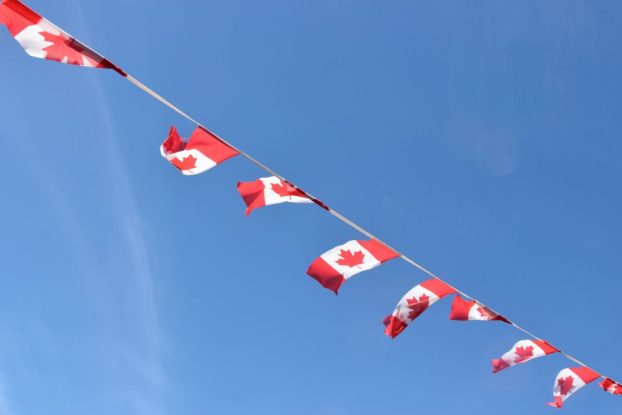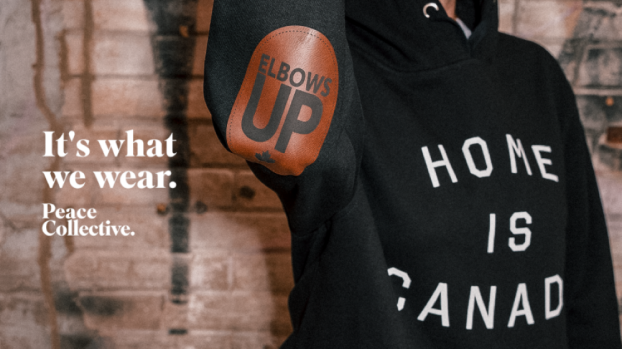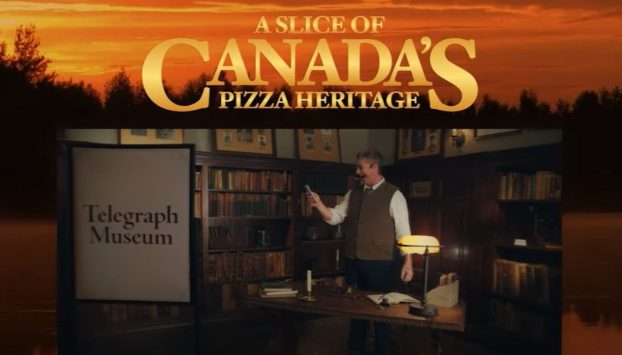For many ad agency execs, there are two moments they undoubtedly register as career highlights: accepting a Cannes Lion Grand Prix, and being part of a jury that gets to select a Cannes Lion Grand Prix.
Last night, Ian Mackenzie got to do both – at the exact same time.
Right smack in the middle of jury deliberations for the Mobile Grand Prix on Wednesday in Cannes, the CCO of FCB/Six (and Mobile juror) was whisked back stage mere minutes before it was revealed that his team’s “Go Back to Africa” work for Black & Abroad was the top campaign in Creative Data. He walked on, accepted the Lion, posed for a photo, walked off and was back in the jury room to finish what he started last Friday.
And today, at the fourth awards gala of the week in Cannes, that same decorated campaign left with another memento: a Bronze in Mobile.
Clearly, MacKenzie was not privy to the discussions that took place in the room when his fellow jurors assigned a score to the work (which censored racist Tweets and placed them against the backdrop of culturally- and geographically-beautiful images, and also included a web-based image database of Black people travelling and then targeted to relevant audiences).
But he explains why and how mobile was the cornerstone of the campaign.
“We saw a lot of the work, across the board, start with a Tweet. And then that became the activation point for the whole campaign,” says MacKenzie, referring to other Mobile-winning work like “Bagel-Gate” from Kraft-Heinz, which posted a Twitter poll to get users to weigh-in on whether the bagel emoji should be updated to a Philadelphia cheese-smothered one. That then led to a global online petition and ended with Apple succumbing to the pressure and finally updating the icon.
“‘So ‘Go Back to Africa’ is the same in that it starts with a tweet, it drives to a website, which is then the centrepiece for a huge curated collection of images that represent modern black travellers. And all the photos are being taken on a phone, so mobile really threads throughout the entire piece,” he adds.
[iframe_vimeo video = “334198285”]
Canada only had two chances at landing a Lion in the category this year (Jam3 was also nominated for its “Operation AirDrop at Coachella” execution for Adidas Originals). But MacKenzie sees potential to grow Canada’s mobile expertise by calling upon the nation’s growing field of experts.
“There’s a lot of innovation happening generally in Canada, whether it’s coming out of Waterloo or Toronto across industries. I think our industry has performed very well in the innovation space in the past. But these things go in cycles,” he says. “I think if Canada wants to perform even better in Mobile next year, I would encourage the entire industry to look outward, and not just inward, to find the technology and mobile platforms that we can put our ideas on and empower our clients to buy into.”
The Grand Prix
Prior to revealing the big winner in the Mobile category, jury president Ari Weiss, CCO, DDB Worldwide North America, recited, word-for-word, the manifesto that governed, from the very beginning, the jury members’ task at hand.
“We [celebrated] the spirit of creativity and mobile this year – from evolutions and social commerce, to hacks that change perspectives for the better, to tweets that ignited a cultural conversation, and new experiences that blur the boundaries between digital and physical worlds. Mobile, for better or worse, is where we live our lives and it’s our responsibility to make it for the better.”
And with that, Weiss revealed the Grand Prix winner: Burger King, for its “Whopper Detour” mobile-driven campaign/stunt by FCB New York.
The (slightly antagonistic) campaign saw the QSR offer its Whopper for just a $0.01. But the deal came with a catch: hungry diners had to download the BK app and stand/park/drive near one of 14,000 McDonald’s restaurants in order to unlock the offer. In just 48 hours, the brand’s mobile application went from #686 to #1 in the Apple app store.
[iframe_youtube video = “qlOJXVnDqnc”]
“It was mobile, mobile, mobile. It was a geo-fencing campaign that drove app downloads and it drove mobile commerce. It could not be more mobile. It also proved that mobile can drive movement and not be sedentary,” said Weiss of why it was crowned the Grand Prix. “And the sheer audacity of [placing itself inside] 14,000 of its competitors stores couldn’t have been more on brand for Burger King.”



